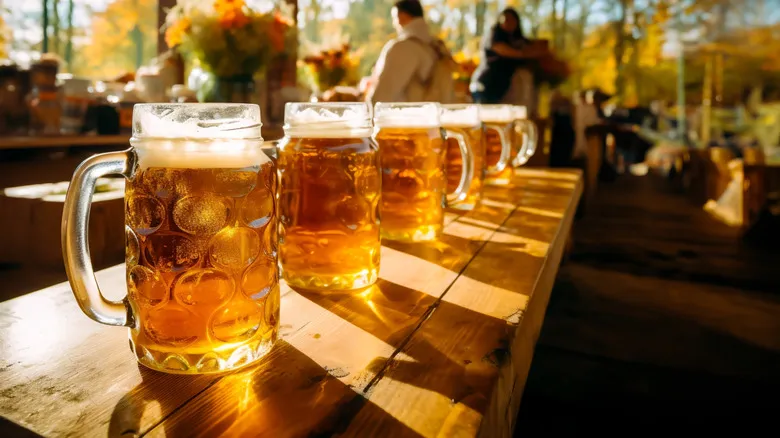What Germany's beer purity laws actually mean
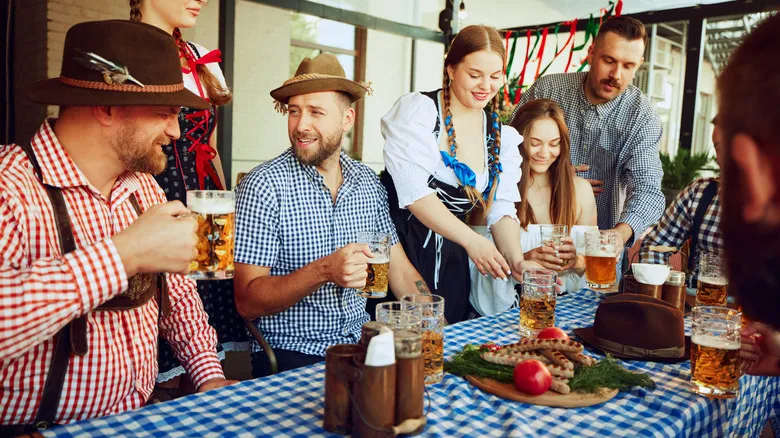
The German beer purity law, known as the "Reinheitsgebot," mandates that brewers can only use hops, malt, yeast, and water in their beer. This regulation has been in effect for over 500 years and is currently viewed as a means for Germany to maintain its diverse beer brewing traditions. However, the law faces criticism; with only four permitted ingredients, German brewers have limited opportunities for creativity, resulting in a less vibrant craft beer scene in the country. Nevertheless, there are alternatives, allowing brewers to incorporate other ingredients like fruit, though these cannot be labeled as beer. Some anecdotal evidence suggests that Germany's four-ingredient beers may lead to milder hangovers compared to sweeter or more artificially flavored beers from other nations, but there is no scientific evidence to support this, and it may simply be a case of the placebo effect.
While the law does promote a certain level of consistency, it does not necessarily guarantee the quality of the ingredients used. For instance, if the wheat or hops are treated with pesticides, those chemicals could end up in the beer, which has reportedly occurred. Additionally, the law permits the use of various other substances during production, even though they are intended to be absent from the final product. For these reasons, some critics argue that the purity laws serve more as a marketing strategy than a true assurance of quality.
How to avoid hangovers with German beer
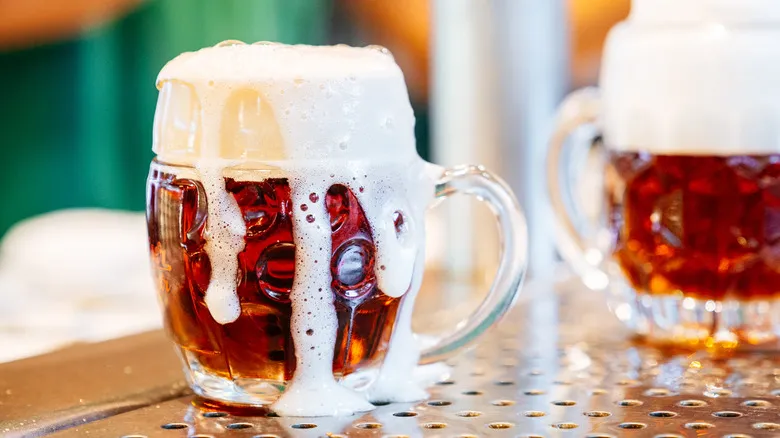
While German beers may not guarantee a hangover-free experience, there are strategies to help mitigate the effects of drinking them (or any alcohol). Staying hydrated and consuming food before or during your drinking session are effective tips that apply universally.
A common belief about hangovers is that darker alcoholic beverages exacerbate them — and unlike the myth surrounding German beer, this one holds some truth. Darker drinks often contain congeners, compounds that research suggests hinder your body’s ability to metabolize alcohol efficiently. Consequently, these beverages are associated with more severe hangovers (and studies indicate that coffee may help alleviate them).
To completely sidestep a hangover, it might be wise to avoid darker beers. In the diverse world of German brews, this includes options like Bockbier, Starkbier, Altbier, and Dunkel Lagers. Many of these also have higher alcohol content, which can lead to worse hangovers. Instead, opt for lighter styles such as Pilsner, Kölsch, and possibly Weizenbier or Helles, but be mindful of their alcohol levels. Additionally, embracing the German cultural practice of moderation can significantly reduce or eliminate the chances of waking up with nausea and a headache the next day.
Recommended
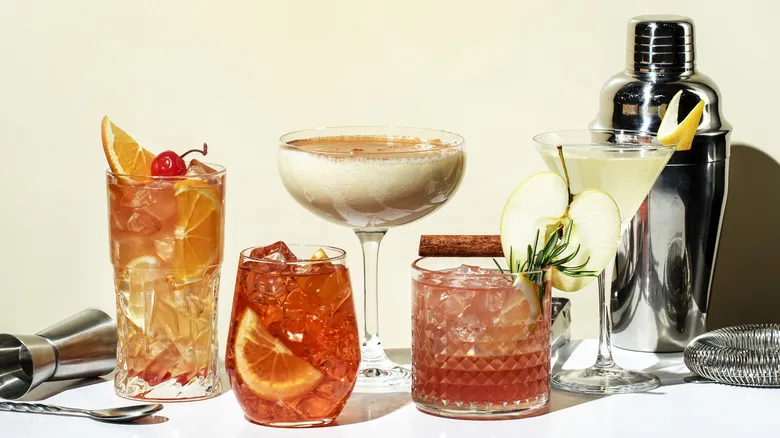
The Favorite Cocktails Of 9 Celebrity Chefs
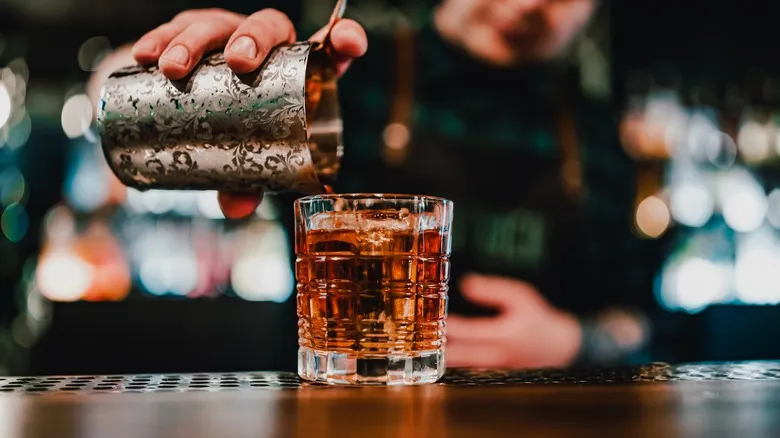
Where Does The Word 'Cocktail' Come From?
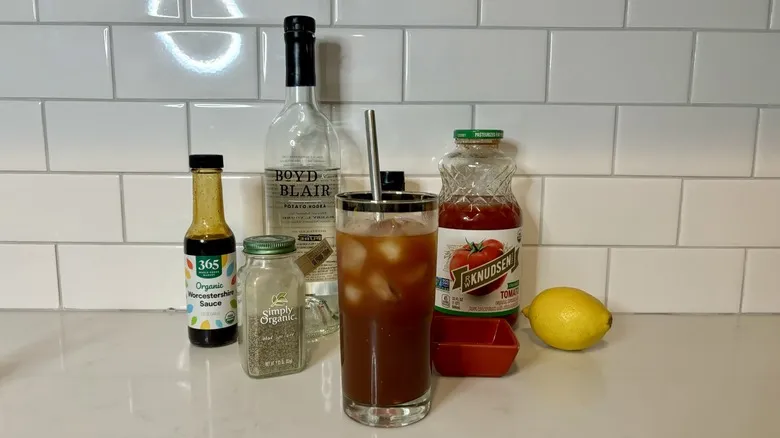
How To Make The Best Bloody Mary You've Ever Tasted
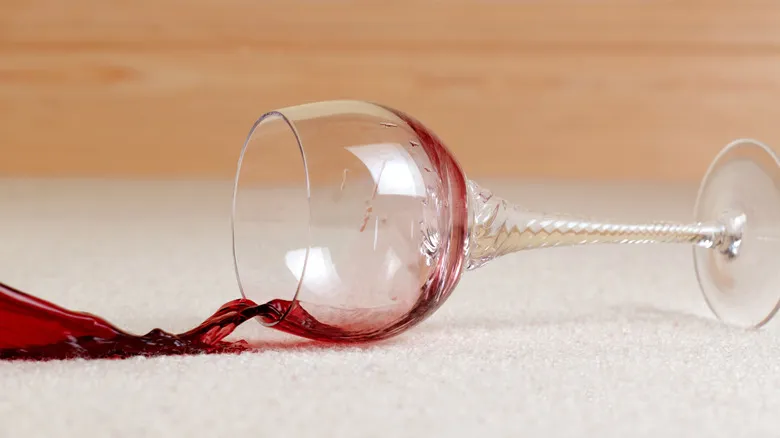
Is Dealcoholized Wine Completely Alcohol-Free?
Next up

